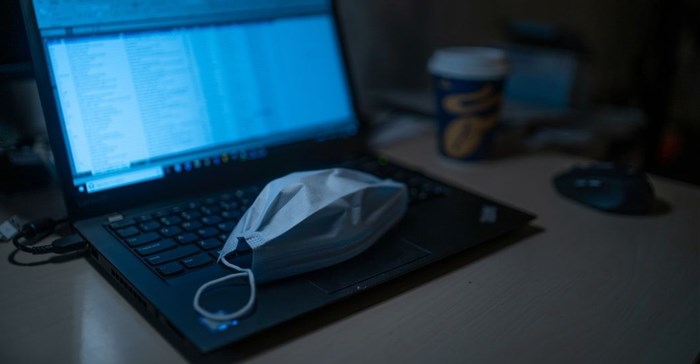Sanef says it's committed to assisting government to communicate information pertaining to the spread and containment of the Covid-19 and ensuring the safety of journalists covering the disease.

Image source: Dimitri Karastelev via
Unsplash.
The South African National Editors Forum (Sanef) stated that it takes note of the President’s important address to the nation on the spread and containment of the Coronavirus on 15 March. Sanef said it is committed to assisting government to communicate information pertaining to the spread and containment of the virus and to the safety of journalists covering the disease.
In a statement released to the media the organisation said:
Sanef is heartened by the steps taken by media organisations to protect their journalists in the field. Further, we are pleased that technology is making it easier for non-field staff, in some newsrooms, to work from home. Sanef understands that it is essential for reporters to continue reporting the facts around Covid-19 but that journalists’ safety equally needs to be safeguarded.
In terms of health and safety of journalists, Sanef has referred all journalists to information produced by the Committee to Protect Journalists included on their website, that you can view
here.
Further, it stated that: "In the interests of protecting all our communities, we note the importance of all media organisations ensuring the protection of their cleaning and administration staff. As an organisation promoting media freedom and credibility of the media, we will be providing our members and industry with various toolkits and platforms to facilitate the reporting on Covid-19 in a responsible and ethical manner."
Sanef is working closely with GCIS, the Department of Health and the National Institute for Communicable Diseases (NICD) to make sure the flow of information is timeous, accurate and factual and said that the organisation has noted the damage of the spread of misinformation, disinformation and sensationalism and says:
We thus stress the importance of all journalists relying on expert advice and sources and to scrutinise all information extra carefully before sharing it. The news media particularly has a duty to counteract “fake news”. Further, we believe that journalists should avoid creating and distributing graphs, graphics and pictures that could be misleading and/or have not been specifically vetted by experts in the field.
Sanef also said that it believes that the following organisations are credible sources:
- The National Institute for Communicable Diseases
- The Covid-19 South African coronavirus news and information portal.
- The World Health Organisation
- First Draft
Sanef said that the organisation is committed to supporting all media organisations in their fight to contain the spread of the virus. "We note the critical role of our public broadcaster and all community media organisations in sharing credible, fact-checked news – due to their unique reach in terms of our most marginalised and vulnerable communities."
If media houses would like support – or would like to share their views – as regards protecting journalists covering the virus, they can contact Sanef on az.gro.fenas@fenas.









































